I am told that there are people who don’t engage in this activity: rereading, that is. Apparently, they figure that they know how the story ends, so “Why waste the time?” I’ve never understood that. Probably it comes from the way I was taught (and tried to teach others) to read and analyze scripts, which involved multiple readings. (One MAY get the gist of the story in a single reading, but real comprehension usually requires further investigation.) I don’t know. I do know that if I have found a work to be intelligently crafted in terms of plot, character, thought, and diction (language) [Four of Aristotle’s Parts of a work], it’s likely to be worth reading more than once. I will be quick to admit that it’s quite rare that I would immediately start rereading after finishing the first read of a work. But, if the work stays in my head, it’s not unlikely that I will, at some point, get around to reading it again. Perhaps even several times over a number of years.
In any event, a few weeks ago I decided that I would reread the Harry Potter books again. Yes, I’ve read them before (more than once) and I’ve seen all of the movies a number of times, as well. In fact, it may have been seeing the movies (some of them anyway) on TV which got me interested in rereading the books. I know that there are some people, who actively dislike at least some of the movies because of the changes made to the original stories. On the other hand, I accept that it is widely believed that it is necessary to make “alterations” for the screen, although I don’t always agree. I also believe that there are relatively few novels which would “work” on the stage without adaptation, so I generally write such changes off as a perhaps unfortunate, but, seemingly, necessary fact. Still, that doesn’t mean that the original story (the book) should be ignored in favor of some adapter’s choices. An adaptation is NOT the original work.
In the case of the Harry Potter books, the changes, especially between the later books and their movies versions, are considerable. In fact, I would go so far as to suggest that the latter half of The Deathly Hallows was virtually completely rewritten for the movie referred to as “Part 2.” I find the that the differences between the two versions are, in my opinion, more than significant. I confess that I prefer the original (book) version by a wide margin. I will accept that the movie version “works,” but I think the cost to the original intent is unfortunately great. They do allow for a “bang-up Hollywood” ending, but I much prefer the original, especially since the adaptation, in my opinion, makes serious changes regarding the characters and the overall impact of the story (series).
All of that is, probably beside the point, however. What I really want to discuss here is a phenomenon which I have found interesting, amusing, and puzzling. Not long ago, I ran across yet another reference as to how the ideas of Joseph Campbell are said to have had a profound influence on George Lucas in the creation of the Star Wars saga. I don’t claim great expertise regarding Campbell’s works, although I have read some of them and I am reasonably familiar with The Power of Myth, the book and TV series with Bill Moyers having extensive discussions with Campbell about these ideas. And I suppose that I should confess that I think Campbell’s idea of the monomyth makes a lot of sense to me, as I, too, see strong similarities in the “mythological” adventures of a variety of “heroes” of widely different social, ethnic, and religious heritages.
Of course, Campbell’s “Hero with a Thousand Faces” is the central figure he focuses on in much of his discussion of myths from around the world. And we should understand that Campbell was looking broadly at cultural mythology, he was not, as far as I know, making any real attempt to discuss characteristics of literary creation.
On the other hand, having been raised (educationally) as a Theatre (Drama) person in the Aristotelian tradition, I think it likely that, as Aristotle suggests, that as drama emerged, its major characters were drawn from those of the Epic stories of the Greek culture. Might I suggest that this means the myths which were a part of the traditional culture which preceded Thespis “invention” of theatre (and, hence, drama). While I don’t think that ALL Theatre and Drama need be limited to a strict interpretation of these precepts, I suggest that it is entirely likely that the earliest characters of this “NEW” thing called dramatic poetry were fashioned from the general understanding of the characters who had been present in the cultural traditions (religious, civil, philosophical, etc.) in Greece prior to the time of the appearance of the first playwrights we can document.
While Campbell focused on mythological characters, I would suggest that a large number of literary characters, including ones created for motion pictures, are consciously, or unconsciously, patterned along the same lines. What I don’t understand, I guess, is why this idea has become a point of serious discussion regarding Star Wars, but it has been, seemingly, ignored in relation to other works. I would argue that one can make as good a case for Harry Potter as an example of Campbell’s “hero” as one can for Luke Skywalker and he isn’t the only one. After all, the character of Hamlet was inspired by the legendary Norse figure Amleth, to name just one.
Yes, Lucas did explicitly comment that Star Wars was influenced by Campbell’s ideas, but I would suggest that it would be highly unlikely if it hadn’t been, as Campbell’s ideas seem to be central to the nature of much narrative fiction. I’d be hard pressed to find too many books which don’t focus, in some fashion, on the major character engaging in something which has a resemblance to Campbell’s “hero’s adventure.” That “adventure” may be short, even mostly intellectual, as in the case of most of the better Sherlock Holmes stories, or it may encompass many characters, broad sweep of time, and require several books to complete the story. But, if one looks, the “adventure” is likely to be present in some form. I think it highly unlikely that fiction in any form: stories, novels, plays, and screenplays would exist except for this common feature. Sometimes the “adventure” is obvious, sometimes it is subtle, but my suspicion is that it is probably always there.
Harry Potter, Luke Skywalker, Rey, Bilbo, Frodo, and countless other fictional characters all seem to me are among the “thousand faces” of Campbell’s “hero.” The same is true of many other religious, folk, and cultural figures from throughout human history. I think that’s why they remain interesting; they are like us; they have some sort of meaning; they make a difference; they stand for something.
Personally, I think that this is a major reason that such figures become, and remain, popular, sometimes for centuries after they were first conceived; they give us examples of that which our societies consider to be the best sort of behavior. They are the figures we admire and value, often (in the case of such characters being based on real people) by ignoring some of the facts about them. Unfortunately, the myth sometimes becomes more important than the facts and that can cause problems.
Now, I think that we need these mythical figures in real life, especially today when so many of our-do-called “leaders” seem to stand for nothing except their own egos and their desire for personal power and “glory.” BUT we need to be willing to understand and admit that the myths are just that, stories told to help us understand the world as we WANT it to be, not necessarily the facts of history. The story of George Washington and the cherry tree provides an example of the idea that honesty is to be valued, but I suspect few people believe it is, literally, true. However, the fact that it may just be a story doesn’t negate the value of the idea, even if it is not, literally, the “truth.” Abraham Lincoln did NOT, personally, free all the slaves, although there is good evidence that he advocated for the abolition of slavery. Even the Emancipation Proclamation didn’t actually free the slaves, that took a Constitutional Amendment, but it made the abolition of slavery a feature of the Civil War, and almost certainly helped keep Great Britain from interfering on the side of the Confederacy.
But fiction is NOT history. Fiction: stories, novels, plays movies are like MYTHS. They “lie like truth.” They are NOT “true,” but they can provide insight into the “truth” with at least as great clarity as history and, often with greater comprehension. The important thing is that we (the reader/audience) need to have a handle on what the “truth” is; we must understand that the fiction is not the fact, but an interpretation of the fact in an attempt to provide pleasure and understanding.
The problem with history is that it’s too complicated, there are too many details for anyone to truly understand it in its entirety. A favorite quote of mine is from the character, Mary Patricia Foley in one of Tom Clancy’s novels; “History is made not of a few large things but of many small things.” This, to me explains why we need fiction; fiction provides a means of simplification, so that we can understand. And that is comforting and valuable.
So, how do I close this? I guess all that I can say is “Don’t be afraid to take a second look at something you’ve read before.” I know that I keep “discovering” new details which I had either forgotten or never noticed almost every time I read something again. Even things I think I know quite well will often surprise me. And why shouldn’t they? After all, if one wants to get philosophical, one has to admit that just as no two performances of a live play are identical, for a lot of reasons I won’t go into here, each time you pick up a book, you have changed and therefore it’s possible that you will gain a different insight into it.
Read, reread, it’s not a bad thing to think about. You just might gain some new insights into it, or yourself. It’s worth thinking about.
LLAP,
Dr. B
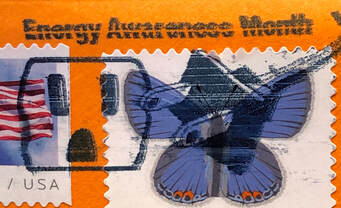
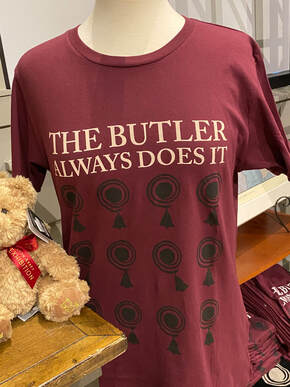
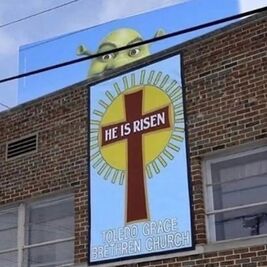
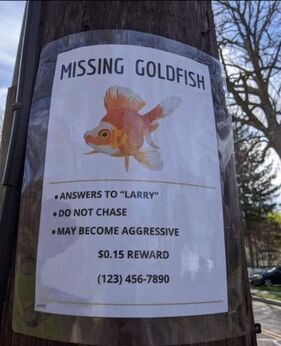

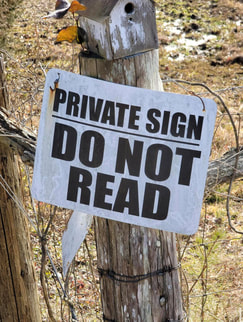
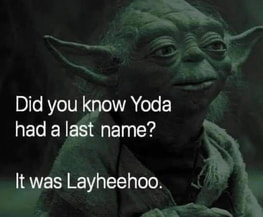
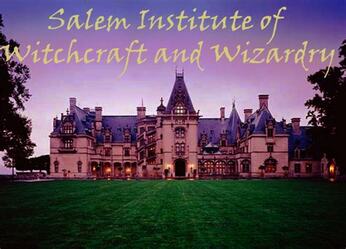
 RSS Feed
RSS Feed